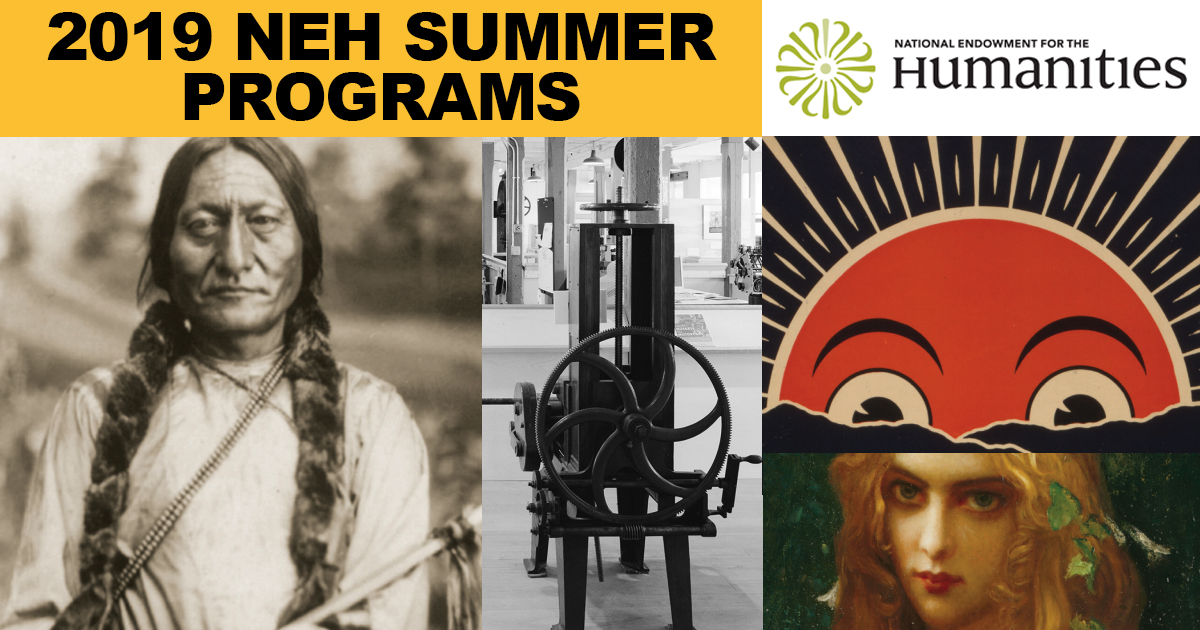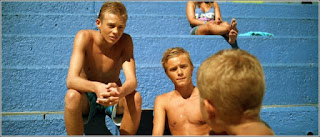 |
| Ancient Ruins |
But what is the veracity of this quote and where does it really originate?
There is a general rule of thumb that if you read a quotation online purported to be penned by a famous writer, politician, or philosopher, it is best to be skeptical, especially if the quote is not cited with a reference to an actual book or solid source. Plato said it? Abraham Lincoln said it? Hillary Clinton said it? I'd be wary if the citation is not complete. It has happened to me several times that I found a quote that I liked (and even posted it here) only to later find out that its authorship is unknown.
A Quick Internet Search Has Yielded a Researcher’s Headache
A few years ago, I was an assistant to a political scientist - he needed someone to come to his house in Staten Island to work on a manuscript he was writing about emerging global markets. One job I had was to track down quotes he wanted to use in his book. “Research Solon's remarks about ‘You Greeks are like children’,” he told me. It was a seemingly easy quote to track down because I knew the story from History. Solon did indeed visit Egypt in the Sixth Century B.C.E. But who actually recorded the interchange between the priest and Solon: “You Greeks are like children …”?
| Find Lesson plans to teach philosophy in the classroom on my TpT store |
“‘Ah, Solon, Solon, you Greeks are ever children. There isn’t an old man among you.’ On hearing this, Solon said, ‘What? What do you mean?’ ‘You are young,’ the old priest replied, ‘young in soul, every one of you. Your souls are devoid of beliefs about antiquity handed down by ancient tradition. Your souls lack any learning made hoary by time.’” (Timaeus 22 b-c)*
*Plato, and John M. Cooper. Complete Works. Indianapolis: Hackett, 2009. Print.







